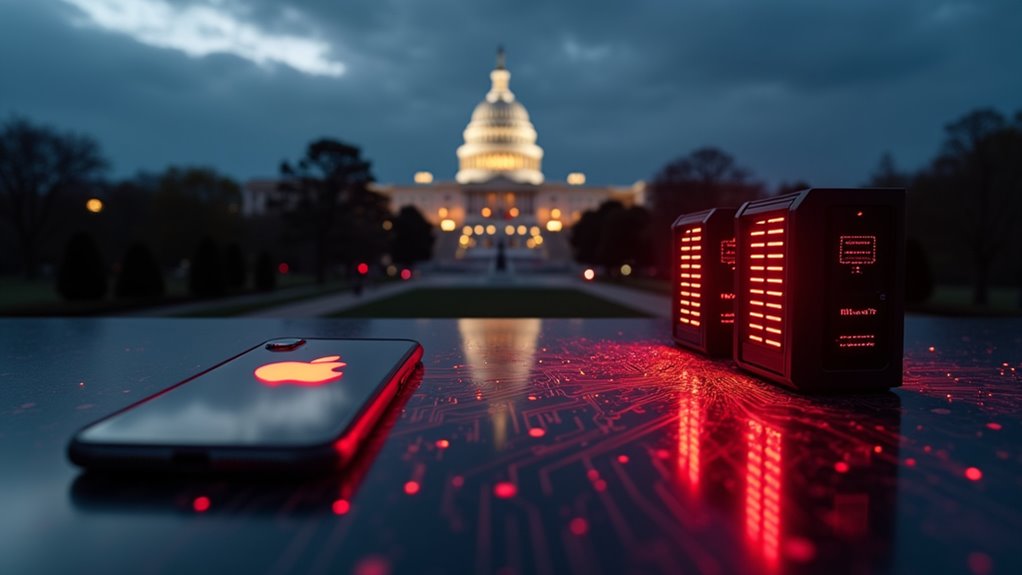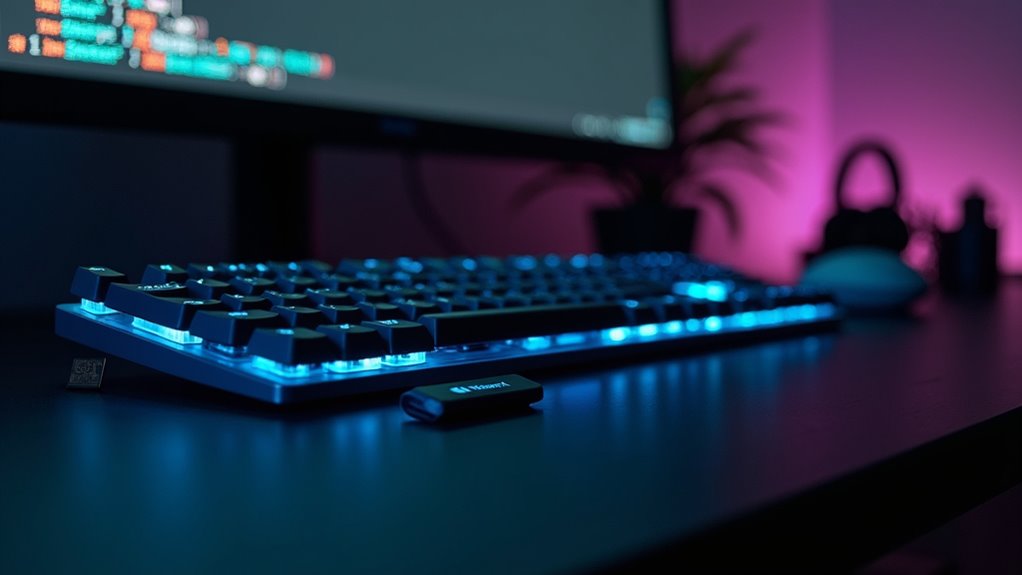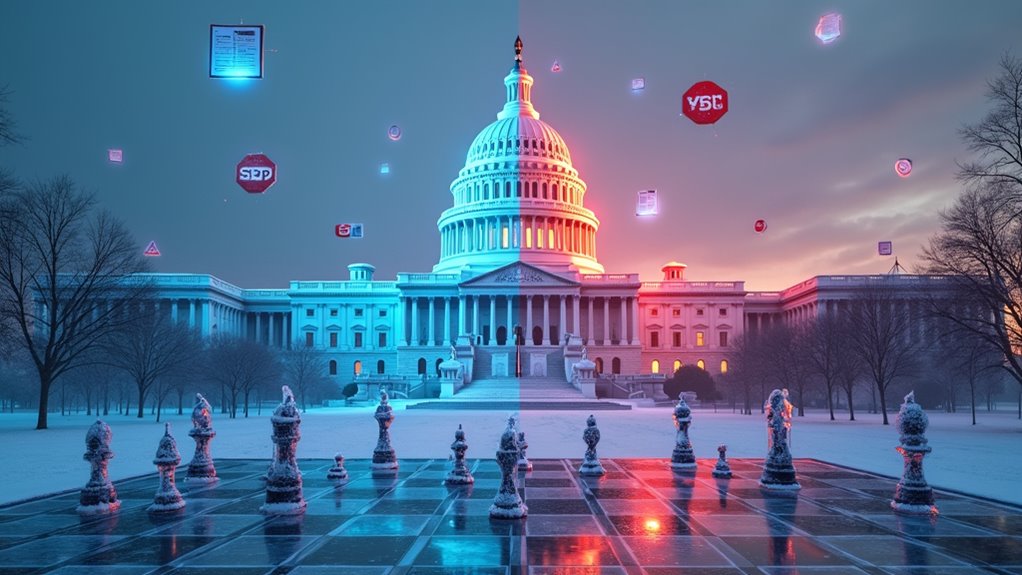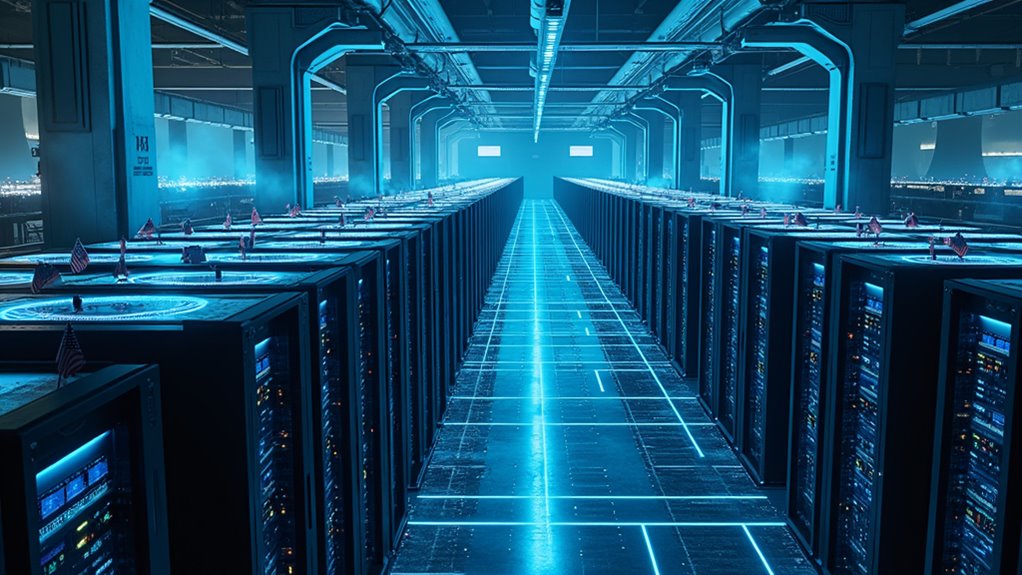Washington is officially sweating bullets over Apple’s new AI buddy-up with Alibaba, and no, it’s not just FOMO. U.S. officials are worried—think data leaks to China, maybe even accidental help for the Chinese military. Lawmakers want answers about what, exactly, Apple’s handing over, while the tech world side-eyes this move as a survival tactic in China’s rough market. If Silicon Valley romance with Beijing intrigues you, you’ll want to see what’s next in this drama.
How exactly did Apple think this would fly under the radar? An AI partnership with Alibaba—China’s tech juggernaut—wasn’t going to sneak past Washington unnoticed, especially with military brass and Congress always on the lookout for “Red Scare 2.0” headlines. The Trump administration wasted no time zeroing in, launching investigations into Apple’s plans to integrate Alibaba’s AI into iPhones destined for Chinese consumers. If you’re picturing Tim Cook in a trench coat, nervously glancing over his shoulder, you’re not alone.
The concern? It’s not just about fancy new AI features. U.S. officials, including the Defense Department and intelligence agencies, are sweating over the possibility that Chinese AI firms—Alibaba in particular—might scoop up American user data. That data could, in theory, help China’s military hone its own tech. Yikes. Apple’s infamous tight-lipped style isn’t helping. While Alibaba’s PR team practically shouted the partnership from the rooftops, Apple has been radio silent, fueling suspicions and the occasional congressional eye-roll.
Washington is sweating bullets over Apple and Alibaba, fearing American data could end up powering China’s military tech.
- Lawmakers want details: What data is being shared? What did Apple promise Chinese regulators? So far, Apple execs have delivered answers about as clear as a Siri autocorrect fail.
- Representative Raja Krishnamoorthi didn’t mince words, calling Alibaba a poster child for China’s civil-military fusion. Translation: don’t mess around with companies that moonlight for the PLA.
National security hawks are already talking blacklists—think Huawei, but with more AI buzzwords. The potential for indirect tech transfers to China has rekindled debates about how American companies should toe the line between profit and patriotism. The partnership is part of Apple’s efforts to improve its struggling market share in China, where local competitors have been rapidly gaining ground.]
It’s not just about national security, either. The deal lands smack in the middle of U.S.-China trade spats, unpredictable tariffs, and relentless pressure on U.S. tech to reduce dependency on Beijing. Apple, meanwhile, is desperate to regain lost ground in China’s cutthroat smartphone market, where “AI-powered” is basically table stakes.
Is Apple playing 4D chess, or just rolling the dice? Either way, Washington is watching—and this time, nobody’s swiping left on the drama.









